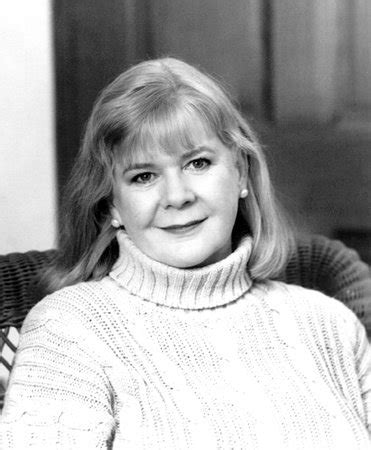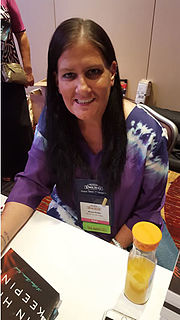A Quote by Lynn G. Robbins
Ever notice how seldom we lose control when frustrated by our boss, but how often we do when annoyed by friends or family?
Related Quotes
We cannot choose how many years we will live, but we can choose how much life those years will have. We cannot control the beauty of our face, but we can control the expression on it. We cannot control life's difficult moments but we can choose to make life less difficult. We cannot control the negative atmosphere of the world, but we can control the atmosphere of our minds. Too often we try to choose and control things we cannot. Too seldom we choose to control what we can ... our attitude.
How do I control my emotions? How do I stop getting angry so often, or how do I stop being sad? And I think there's a really important distinction to understand is that you can't completely control your emotions. What you control is your reaction to your own emotions. And a lot of people don't ever make that separation for what goes on with them.
I think that's actually what draws me to family stories: the various roles we each play with each member of our families, and how different they can be from who we are with our friends and partners and lovers. I'm endlessly fascinated by how we navigate these family dynamics; they are the dramas each of us live out day after day, often in ways we don't even realize.
The most valuable lesson I've ever learned in my life is that life is about family and friends, not about material things or any of that. It's about enjoying your life. If you have no family, no friends to enjoy it with, it don't matter how much you have, how much success you have, how much fame you have, how much money you have, it doesn't matter.
A willingness to vocalize feelings. How important it is to be willing to voice one's thoughts and feelings. Yes, how important it is to be able to converse on the level of each family member. Too often we are inclined to let family members assume how we feel toward them. Often wrong conclusions are reached. Very often we could have performed better had we known how family members felt about us and what they expected.
As clichéd as it sounds, relationships between women do shape so much of our understandings of ourselves, starting with our mothers. I think all women can relate to the feeling of having merged with best friends. We begin to look alike, talk alike, even take on the same mannerisms. They are as close as family. We give a lot of attention to the heterosexual, nuclear family, but our friends determine as much, I bet, of who we are, how we feel, and how we behave.
I think Britain can be one of the great success stories of the 21st century - we've got the talent, the drive, the connections around the world. But if we vote to Leave, then we lose control. We lose control of our economy, and if you lose control of your economy you lose control of everything. That's not a price worth paying.































